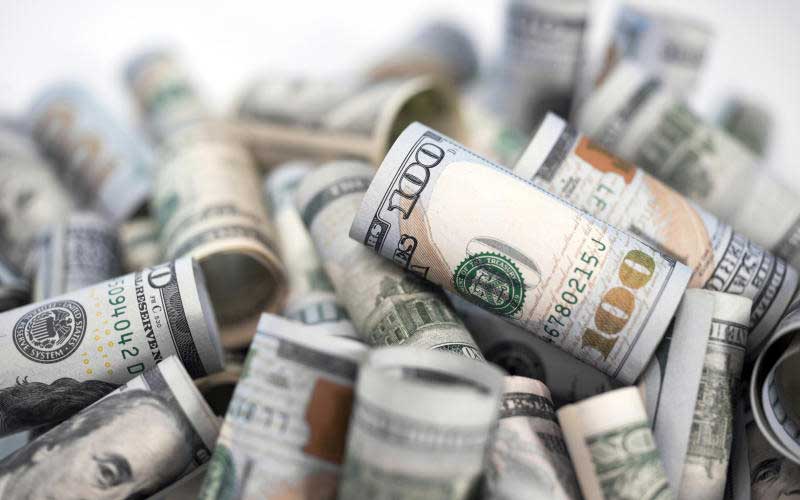×
The Standard e-Paper
Stay Informed, Even Offline

Number of super rich grew fastest in Kenya than any other country in the world between 2014 and 2019
The rate at which Kenya minted millionaires between 2014 and 2019 was the fastest in the world, a new wealth report has shown.